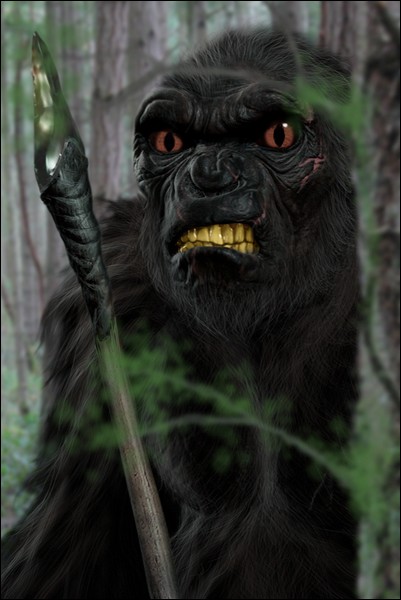I was born in Brussels (Belgium) in 1976. My family was catholic (but not overzealous) and I attended catholic primary and secondary schools where prayer was obligatory and religion omnipresent. I recall having been very religious until the age of about 13. I still remember bowing each time I was passing by the huge statue of Jesus that was present in the park surrounding the playground of my middle school. I was however also very interested in sciences but I did not see any conflict between science and religion at that time. Also, since Catholicism represented for me the ultimate truth, I did not understand why people were not more engaged in their religion.
Everything changed within a couple of hours at the age of 13.





